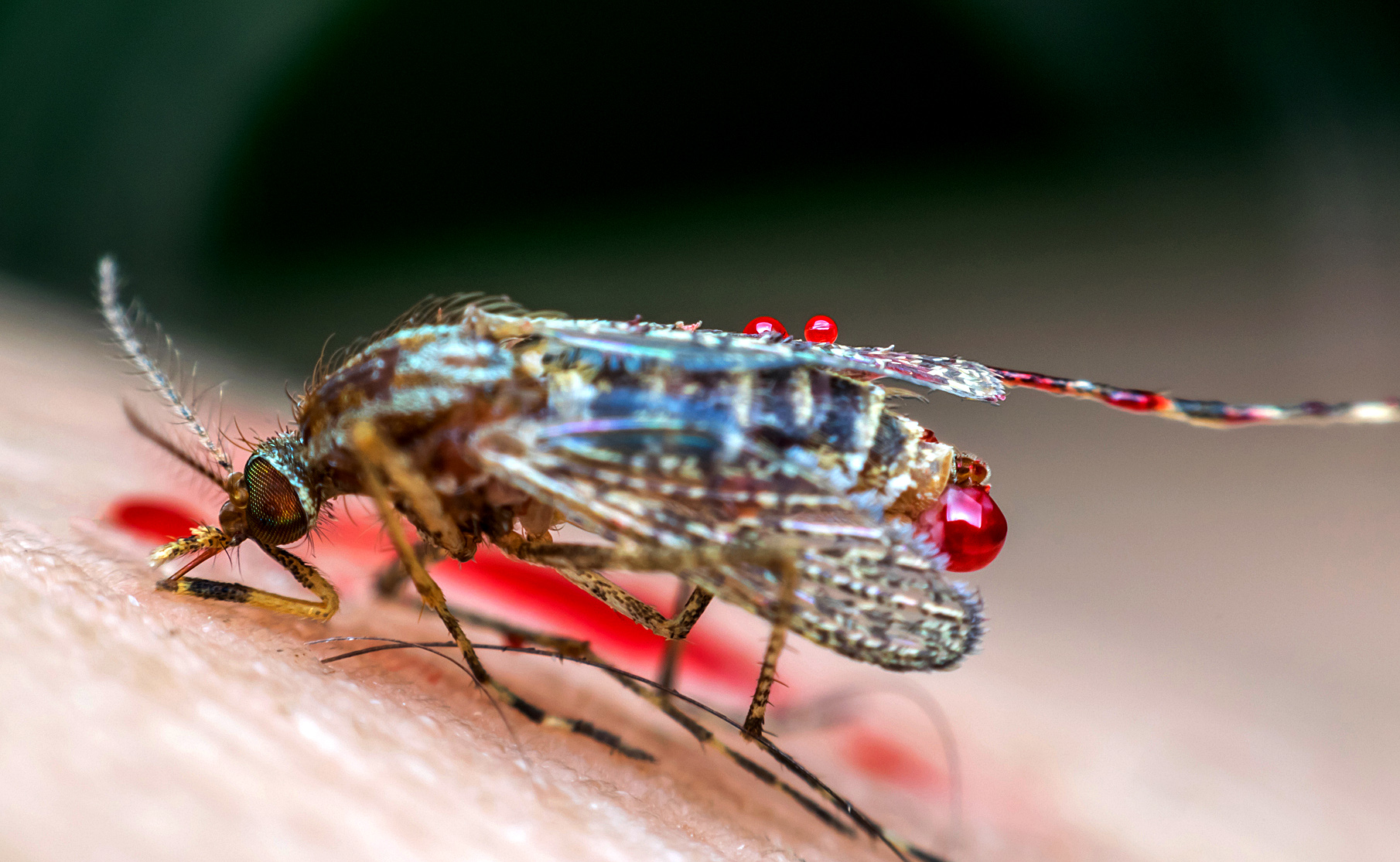
As the World Health Summit concludes in Berlin, Africa’s global health progress is at a crossroads. Confronted with the withdrawal of traditional funders and growing geopolitical uncertainty, countries and leaders have a unique opportunity to reshape the narrative.
Cuts to USAid are likely to push 5.7 million more Africans into extreme poverty, demonstrating the need for urgent action. Sustainable financing in collaboration with country and scientific expertise offer the solutions to bridge this gap, working with governments and the private sector to reform and strengthen manufacturing and supply chains.
The continent’s scientific expertise holds the key both to eliminating malaria and building stronger health systems.
The scale of the problem is demonstrated by our dependency on reagents and lab consumables manufactured in the West. Delays of three to six months to obtain basic consumables and equipment mean that African countries are left a step behind their Western counterparts.
Additionally, surveys of African researchers last year show that 38% of scientists have no direct contact with manufacturing or procurement teams, and when they do, they experience inefficient bureaucratic processes and high costs.
In the coronavirus pandemic, this hampered local responses and scientific results, which in turn held up access to further health funding and created products that were unsuitable for Africa.
Covid-19 vaccines developed by Pfizer and Moderna had to be stored at freezing temperatures down to -70°C, which was impractical for large swathes of the continent and exacerbated health inequalities.
The good news is that solutions are in sight. Newer financing instruments such as the African Vaccine Manufacturing Accelerator, created in 2023, could begin to solve the supply chain challenges. Vaccine manufacturing will require raw materials for production to be successful.
Rethink and reinvestment
Harnessing the true power of African scientific research requires a rethink and reinvestment that builds off the African Vaccine Manufacturing Accelerator. The rethink must come through coordination between the continent’s governments and scientific institutions.
Africa CDC’s (Centres for Disease Control and Prevention’s) new strategic framework to guide research and development across the continent is a timely reminder of what can be done.
The framework focuses on integrating holistic and evidence-based natural therapies throughout Africa to bolster resource management, strengthen regulatory capacity and foster regional collaboration.
By coordinating research and fostering equitable benefit sharing for natural therapeutic resources across Africa, the framework sets the standard for how we can support researchers and scientists to provide new avenues and solutions for Africa’s biggest health problems.
Building off the African Continental Free Trade Area (AfCFTA) that has unified trade in the African market, countries must also leverage large national investments to provide regional and continental benefits.
An example is Uganda’s $1.1-billion drug manufacturing plant in the Matugga region, set up by the pharmaceutical company Dei BioPharma, which is developing new vaccines against a plethora of infectious diseases. Working in partnership with governments and global technology leaders, the Matugga plant aims to become a continent export hub, with capacity to produce more than one billion doses of mRNA vaccines each year.
Knowledge and expertise gained from the plant must extend throughout the health ecosystem in Africa. Our experience working with academics across Kenya, Ghana, Nigeria and Zimbabwe shows us that African researchers are already knowledge-sharing and problem solving.
Systematic collaboration
More systematic collaboration between national malaria control programmes, universities and research institutions would bring the work of African scientists to the centre of decision making.
A mindset shift must follow by moving away from external dependencies to invest in supply chains, local ownership and innovation ecosystems. African governments have not yet committed sufficient domestic financing to scientific research and development.
Earlier this year, Africa CDC launched a continent-wide strategy in response to global aid cuts. It urges governments to fulfil the 2001 Abuja Declaration by allocating at least 15% of national budgets to health, while introducing innovative financing and national health plans to monitor and eliminate diseases like malaria. Support at the country level is critical to ensure we capitalise on facilities like the Matugga plant.
Global health findings often fail to reach the audiences that matter most: communities, policymakers and domestic investors. Centering power and capacity in the hands of African scientists would ensure those closest to the problems are creating the solutions.
Longer term, and building on recent progress, renewed collaboration and investment could make Africa the world leader in drug discovery, research and manufacturing.
Governments and policymakers must urgently reverse these gaps, empowering African researchers to shape both policy and perceptions.
Africa must hold the cards in future research and innovations into diseases like malaria. The continent’s next era of progress depends on translating science into trust, local action and African-led investment. DM
Isabella Oyier is Professor of Molecular Epidemiology, Nuffield Department of Medicine at the University of Oxford and Head of the Biosciences Department at KEMRI-Wellcome Trust Research Programme. Her research work focuses on integrating malaria molecular epidemiology into routine surveillance in Kenya.
Dr Moussa Sarr is Head of the Cooperation Group at the Institute for Health Research, Epidemiological Surveillance and Training in Dakar and an independent consultant to, among others, Africa CDC and the Bill & Melinda Gates Foundation.




 A mosquito in the act of sucking blood from a human. Mosquitos carry malaria, encephalitis, Dengue and the Zika virus. (Photo: iStock)
A mosquito in the act of sucking blood from a human. Mosquitos carry malaria, encephalitis, Dengue and the Zika virus. (Photo: iStock)